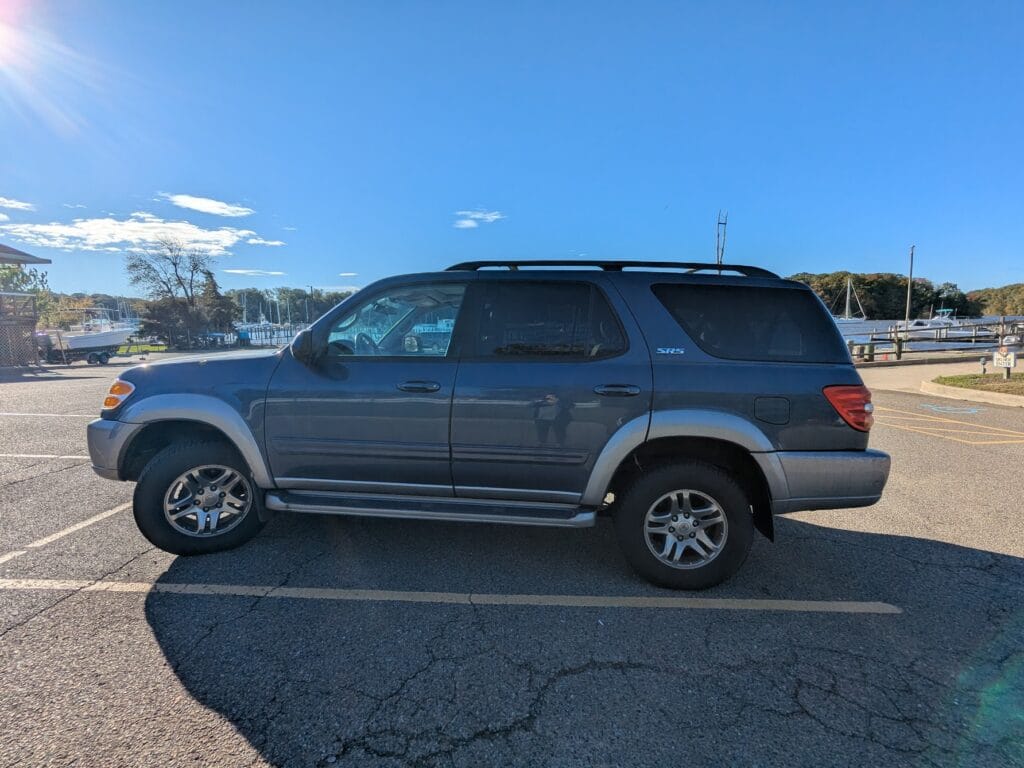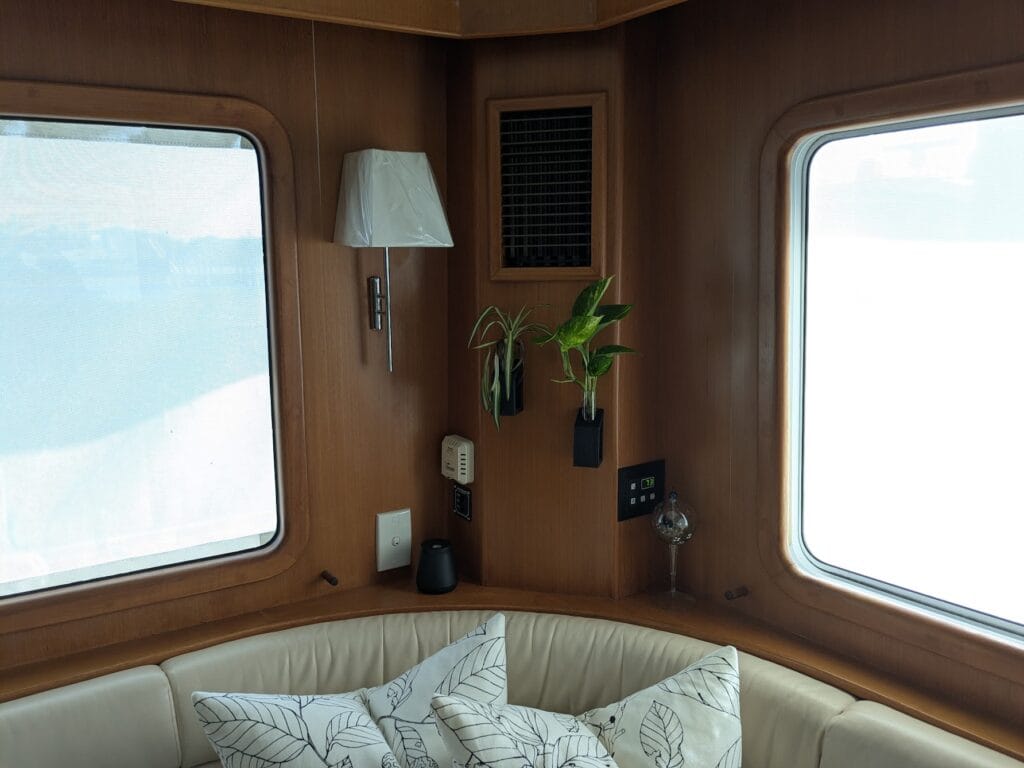We have been very fortunate to have visited most of the Caribbean Islands and look forward to returning onboard M/V Soul Mates.
The Caribbean consists of the Caribbean Sea, islands and the surrounding coasts in the Americas region. Regionally comprising southeast the Gulf of Mexico and the North American mainland, east of Central America, and north of South America.
Not in the Caribbean but, thought to be amongst many travelers is Bermuda, The Bahamas, Turks & Caicos. Bermuda, located in the North Atlantic area, consists of isolated islands. A chain of islands and coral reefs Turks & Caicos is located Southeast of Florida and north of Cuba in the Atlantic Ocean.
Lesser Antilles
A group of islands in the Caribbean Sea between the Greater Antilles (northwest) and South America, causing an eastern boundary of the Caribbean Sea and the Atlantic Ocean.
Aruba
Desert landscape paradise ideal for beach barbecues, casino gambling, cave explorations, excellent restaurants, golf, horseback riding, natural wonders, nightlife, relaxation, shopping, walking, waterskiing, white sand beaches, windsurfing and water sports.
- Souvenirs to Buy: Aloe Vera products, art, blue pottery, cheeses, chocolate, and jewelry.
- Local Cuisine to Try: Bolita di Keshi (fried cheese balls). Bolo Preto (fruit cake). Cocada (coconut candy). Cala (bean fritters). Funchi (cornmeal porridge). Pan Bati (bread). Pastechi (snack).
- Local Drink to Try: Balashi (beer). Da’ Killer Blue Whale (cocktail). Golden Shell (cocktail).
Palmera (rum). Pelican-Rita (cocktail).
By the Way
- Daylight savings time not observed.
- Rougher seas on the eastern and northern coast.
- Apply sunblock regularly as the trade winds will make the sun feel less than it actually is.
- A popular honeymoon destination.
- Lizard Hunting is illegal.
- The endangered Rattlesnake does not rattle a warning before striking!
- Topless sunbathing is only permitted on private nude beaches.
- Tourism industry is unevenly regulated and inspections do not commonly occur.
- Local law is based on Dutch Law.
- Posting bond for release is not practiced upon detainment.
- Quality medical care is limited.
- Has no decompression chamber.
- Prevalent Diseases: Chikungunya, Dengue, and Zika Virus.
- Children are required to ride in the back seat of vehciles.
- Children under 5 years of age are required to be in a child safety seat.
- Taxis do not have meters.
- Buses tend to run every 15 minutes between 5:45AM – 6PM and every 40 minutes between 6PM – 11:30PM.
At Glance
- Coolest Season: December
- Humid & Hottest: September
- Peak Season: January – March
- Shoulder Season: April – August
Bonaire
Ideal for the avid diver and outdoor nature lovers wanting adventure sports, beaches, bird watching, caves, cliffs, coral reefs, deep sea fishing, desert landscape, diving, eco adventures, hiking, horseback riding, kiteboarding, mountain biking, relaxation, snorkeling, underwater life, sailing, wildlife, windsurfing and yachting.
- Souvenirs to Buy: Aloe products, driftwood goods, framed prints, glass artwork, and salt products.
- Local Cuisine to Try: Banana Hasa (fried plantain). Guiambo (soup). Kokada (coconut candy). Pastechis (stuffed pastries). Pika Siboyo (condiment). Sopi di Yuwana (iguana soup).
- Local Drink to Try: Cadushy (liquor). Captain Don’s Whiskey. Koamati Tequila. Rom Rincon (spirit). Salu Gin. Tekibon (spirit).
By the Way
- Not a beach resort destination, considering it has few small beaches and not great for walking.
- The entire coastline is declared as a marine sanctuary.
- Spearfishing is prohibited.
- Raised donkeys, goats, pigs and sheep are known to freely roam around.
- Crystal clear waters make for a diver’s paradise with visibility to 150 feet.
- More than 185 miles of mountain bike trails and paths.
- Dive gloves are not permitted in effort to protect the coral reefs.
- Vessels moor rather than drop anchor to preserve coral and marine life.
- Tourism industry is unevenly regulated and inspections do not commonly occur.
- Medical care and treatment does not meet our Western standards.
- Prevalent Diseases: Dengue & Zika Virus.
- Right turns at red stop lights is not permitted.
- Public minibuses are inexpensive and run nonstop during the day with no fixed schedule.
At Glance
- Coolest Season: January
- Humid & Hottest: May – October
- Peak Season: November – April
- Shoulder Season: May – October
Curacao
Ideal for the active premier traveler seeking an European flair cosmopolitan sophisticated Caribbean destination to enjoy beautiful beaches, caves, coral reefs, culture, diving, Dutch architecture, golf, hiking trails, nightlife, off-road adventures, snorkeling, and water sports.
- Souvenirs to Buy: Aloe vera products, ceramic goods, cheese, Dutch Delft Blue goods, hand painted chichi doll, hand painted animal form wall hangings, jewelry, orange flavored liqueur, and painted bottles with scenery.
- Local Cuisine to Try: Bitterballen (meatballs). Karni Stobá (beef stew). Keshi Yena (traditional). Oliebollen (doughnuts). Poffertjes (pancakes). Stoba (strw). Stroopwafels (snack).
- Local Drink to Try: Blue Curaçao. Curaçao Liqueur. Fria (local soda). Lovers (local juices).
By the Way
- Plentiful bays, limestone formations and salt marshes.
- You may be inspired to visit after watching, Curacao (2007).
- Multicultural with 55 different nationalities.
- Rainstorms are rare.
- Topless sunbathing is permitted.
- It’s illegal to use spearguns or remove coral.
- In shallow waters watch out for deadly poisonous spines from the local lion fish or stonefish.
- Airport departure fees are charged for international destinations, usually included with airline costs.
- Tourism industry is unevenly regulated and inspections do not commonly occur.
- Local law is based on Dutch Law.
- Access to quality medical care is limited.
- Prevalent Diseases: Chikungunya, Dengue, and Zika Virus.
- Public transportation is limited.
At Glance
- Coolest Season: January
- Humid & Hottest: September
- Peak Season: December – April
- Shoulder Season: May – November
Trinidad & Tobago
By the Way
- Trinidad’s economy is petroleum and petrochemicals.
- Tourism economy is strongest at Tobago.
- Asphalt from Trinidad is not only used locally but throughout the world as well.
- Trinidad is the birthplace of the acoustic steel pan. Inspired after World War 11 from oil drums left on the island.
- Creator of the limbo dance.
- Angostura Bitters, was used to calm upset stomachs in battle. Today, a secret recipe used to flavor cocktails.
- Leatherback Turtles, in one season are known to nest up to six times; at intervals of 9-11 days and laying over 700 eggs. Hatchlings develop between 55-70 days.
At Glance
- Coolest Season: December – February
- Humid & Hottest: May
- Peak Season: November – April
- Shoulder Season: October – December & April – June
Trinidad
For the ecotourism nature loversto enjoy bird watchers, biking, boating, butterflies, caves, cultural festivals, diving, golf, hiking, kayak, mangrove swamps, mountains, nightlife, rainforest, sailing, temples, and zip lining.
Tobago
Ideal for the traveler seeking a secluded tropical paradise in an uncrowded atmosphere with beautiful lush beaches, biodiversity, diving, Hindu temples, relaxation, rain-forested hills, unspoiled scenery and water sports.




